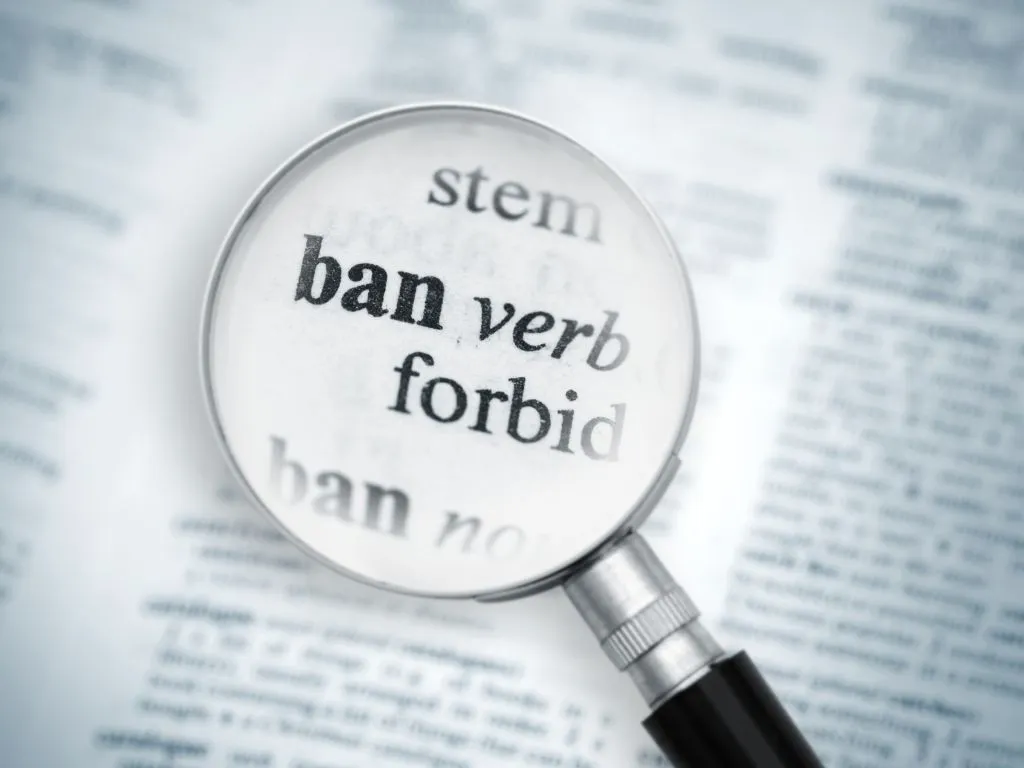

Reference source : WTO
On 20 November 2024, the European Union (EU) notified the World Trade Organization (WTO) of a draft Commission Implementing Decision proposing the non-approval of ethylene oxide as an active substance in product-type 2 biocidal products. This measure, notified under document G/TBT/N/EU/1096, reflects the EU's commitment to improving public health and environmental protection.
Understanding Ethylene Oxide and Its Uses
Ethylene oxide (CAS No 75-21-8) is a versatile chemical compound widely used in industrial processes, including the production of textiles, detergents and adhesives. In the context of biocidal products, its main use is as a sterilizing agent, particularly in the healthcare sector for the sterilisation of medical equipment.
Health and Environmental Concerns
Although highly effective as a sterilizing agent, ethylene oxide poses significant health risks. Classified as a carcinogen, exposure to ethylene oxide has been linked to cancers such as leukaemia and lymphoma, as well as reproductive toxicity and respiratory irritation. Environmental concerns include its contribution to air pollution and its persistence in the environment.
EU Regulatory Framework for Biocidal Products
Under the Biocidal Products Regulation (BPR; Regulation (EU) No 528/2012), the EU rigorously evaluates and approves active substances in biocidal products to ensure that they do not pose unacceptable risks. The draft decision to disapprove ethylene oxide for product-type 2 biocidal products is in line with this framework and underlines the EU's commitment to public health and environmental safety.
Impact on Industry and Stakeholders
If adopted, this decision will require manufacturers and users of biocidal products containing ethylene oxide to switch to alternative substances or sterilization methods. This transition may require research and development to identify effective and safer alternatives.
Public Consultation and International Trade Considerations
The EU's notification to the WTO allows member countries and stakeholders to review and provide feedback on the proposed measure. This ensures transparency and promotes international dialogue on safety standards and potential trade implications.
Next Steps
Stakeholders are invited to participate in the consultation process by submitting comments and feedback on the draft decision within 60 days of the notification date. This engagement will help evaluate the impact of the proposal on public health, environmental safety and international trade.
The full text of the draft Commission Implementing Decision is available here.
If you want to access the GHS report, please Register here in GPC Intelligence Portal click here
